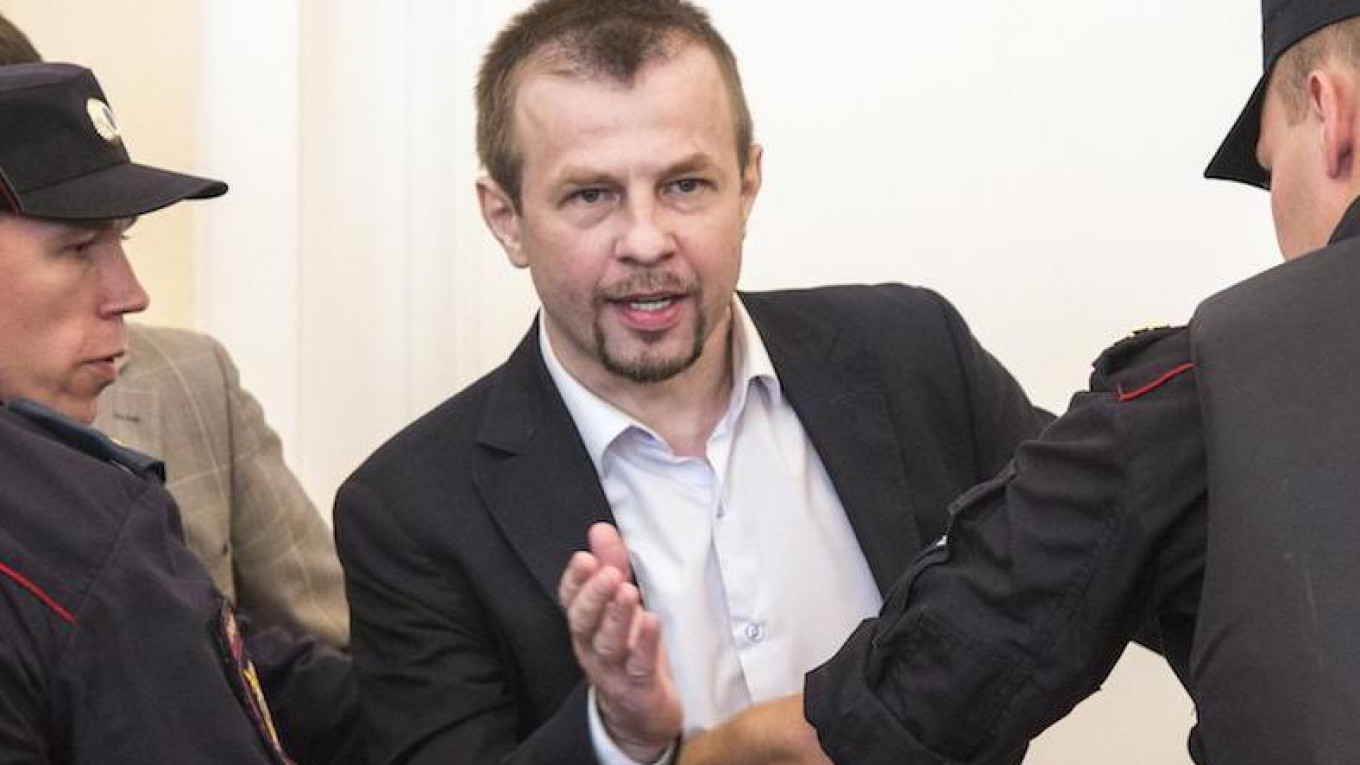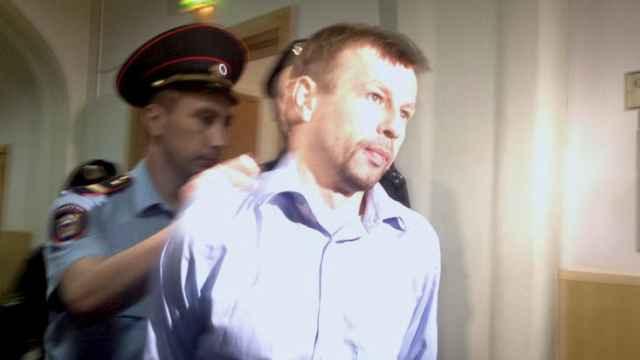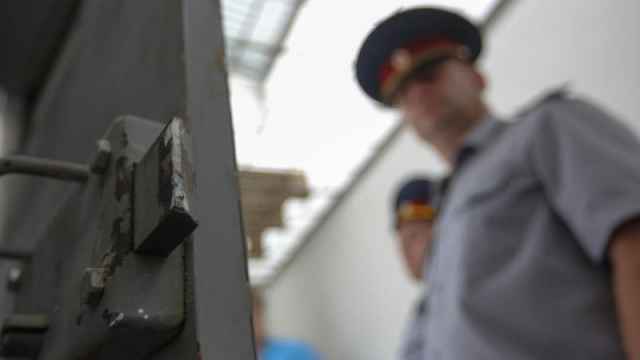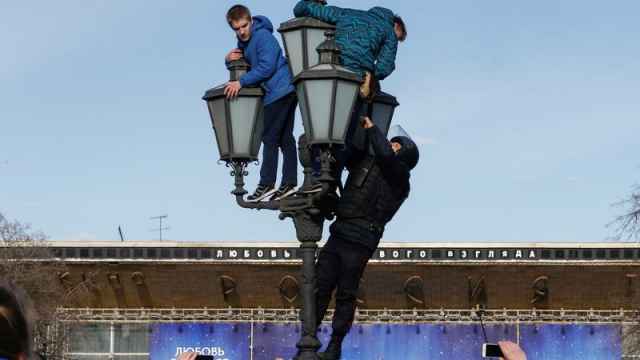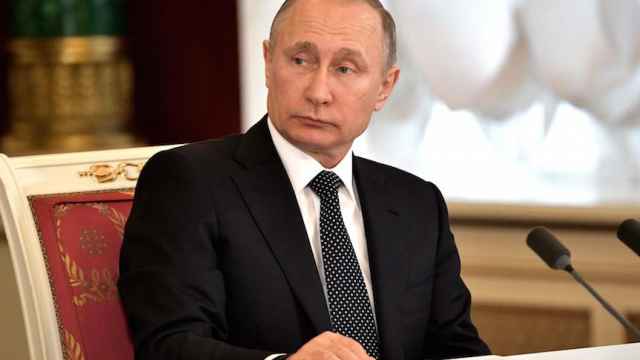Yevgeny Urlashov, the one-time mayor of Yaroslavl, yelled as he was pulled from the court room. “This is a political set-up,” he shouted. “All revolutionaries were sent to jail, it always has been like this.”
Urlashov’s words were a reaction to the extraordinarily harsh sentence handed down to him by the local judge on Wednesday, Aug. 3. “Quite special cruelty” was how Urlashov’s lawyer Ksenia Karpinskaya described the 12.5 year jail term, issued for supposedly of extorting a 17 million ruble bribe ($250000) from a local businessman. “Criminals charged with real violence usually get less,” said Karpinskaya.
Situated some 200 kilometers north of Moscow, Yaroslavl is known as being part of a famous “Golden Ring” of ancient and tourist-friendly cities around the capital. Other than that, Yaroslavl is not a particularly notable city. There are dozens of cities like it; many of whom have seen their mayors jailed too.
During last years, the mayors of dozens of cities have been arrested. In today’s Russia, elected city heads are the most vulnerable and defenseless part of Russia’s bureaucracy. They have huge financial responsibilities and it is often hard to do business without formally breaking the criminal code. “Virtually, you can’t manage the city without breaking the formal rules", says political analyst Abbas Gallyamov.
Unlike governors, mayors do not enjoy the status of political figures. Going after them doesn’t usually require the Kremlin’s permission, and this makes them easy prey for their influential competitors as well as for law enforcement.
Nonetheless, the former mayor’s downfall is special and stands quite separate from national trends.
Urlashov’s story began in 2012, when he rose to prominence during a short window of Russian political activism following 2011’s disputed parliamentary elections. A former businessman and mainstream politician turned oppositioner, Urlashov won a landslide mayor election in Yaroslavl. For the protest movement at that time, his victory was a big deal.
Urlashov’s popularity grew. One year later, in 2013, as a head of Grazhdanskaya Platforma opposition party, he was a footstep away from defeating the ruling United Russia party at a local parliamentary election. His political rallies drew big crowds and Yaroslavl political life became a national phenomenon.
During all this time Urlashov behaved as an elected public figure, acting as if he was safe under the shelter of public trust. He rode the oppositional wave, strong at that time, but he broke the invisible boundaries of self censorship, a necessary key to political success.
In June, 2013, during the largest campaign rally Yaroslavl had seen in decades, Urlashov announced he would run for governor. A few days later, he was arrested and then charged with attempted bribery. At the time, he was the only opposition mayor of a large Russian city.
During all three years of the trial, Urlashov claimed innocence and insisted the case was politically motivated. His defense always stressed the absence of smoking-gun evidence. “The only grounds for the sentence is the judge’s interpretation of intercepted phone calls,” says Karpinskaya.
The sentence itself sets a clear warning. In addition to 12,5 years in jail, which one of the longest terms in recent Russia’s history for such charges, Urlashov was sentenced to pay some 60 million rubles ($900,000) of damages.
There are two possible interpretations behind the harsh sentence.
First, that it is a signal to abstain from independent political action; that the romantic times of 2011 and Bolotnaya are long over.
Second, that federal authorities are pushing a selective, anti-corruption campaign, and that they require their victims to be cooperative. Over the last few months, several prominent figures — governors, government officials, top investigators — have been jailed and charged with corruption. Most claim innocence.
“It’s a clear message to them: 'Repent. Beg for mercy,” says political analyst Alexei Makarkin.
A Message from The Moscow Times:
Dear readers,
We are facing unprecedented challenges. Russia's Prosecutor General's Office has designated The Moscow Times as an "undesirable" organization, criminalizing our work and putting our staff at risk of prosecution. This follows our earlier unjust labeling as a "foreign agent."
These actions are direct attempts to silence independent journalism in Russia. The authorities claim our work "discredits the decisions of the Russian leadership." We see things differently: we strive to provide accurate, unbiased reporting on Russia.
We, the journalists of The Moscow Times, refuse to be silenced. But to continue our work, we need your help.
Your support, no matter how small, makes a world of difference. If you can, please support us monthly starting from just $2. It's quick to set up, and every contribution makes a significant impact.
By supporting The Moscow Times, you're defending open, independent journalism in the face of repression. Thank you for standing with us.
Remind me later.



